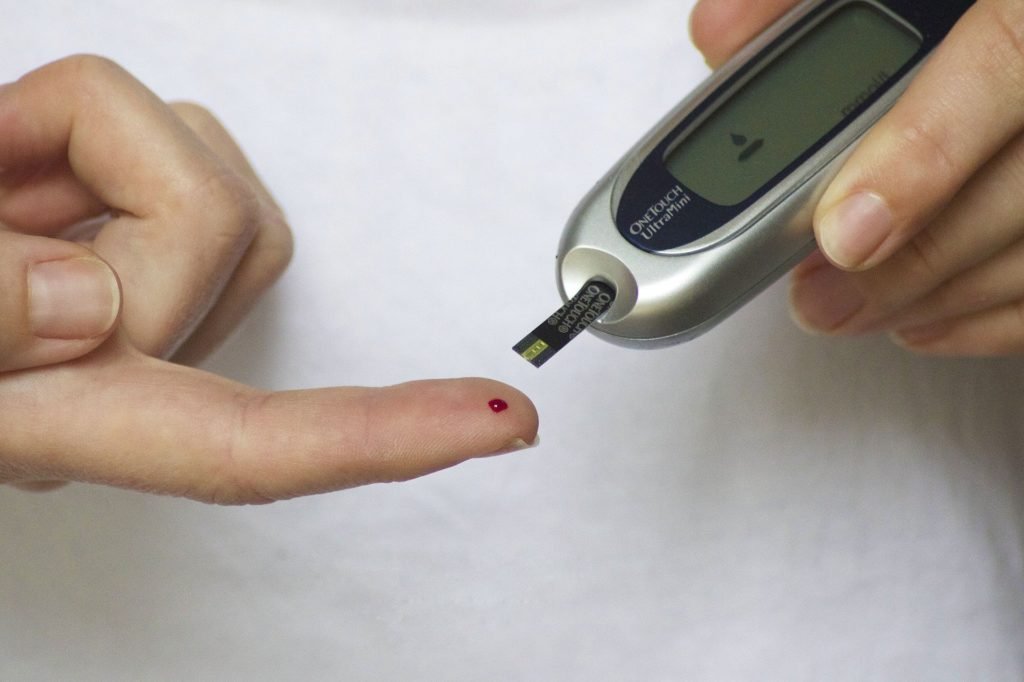Breathing is something we do unconsciously, so it’s easy to overlook. But sleep-disordered breathing, which happens during sleep, can indicate serious health risks and should not be ignored. In Commack, New York, sleep experts can help you improve breathing during sleep. That might not sound like a lot, but considering that sleep-disordered breathing often goes undiagnosed, the actual number is likely much higher. Commack dental airway assessment is significant in determining what is causing the obstruction. Which are the common signs of sleep-disordered breathing?
1. Headaches Upon Waking Up
If you often wake up with a headache, it could signify that you have sleep-disordered breathing. When your airways are restricted or blocked while sleeping, your brain doesn’t get the oxygen it needs. This can cause a headache in the morning.
2. Being Unable to Focus
Mental clarity is significant in life because it allows you to think more clearly and make better decisions. When your mind is cluttered with distractions, it’s challenging to focus on what’s essential and think logically. Mental clarity also allows you to connect with your intuition and inner wisdom.
If you find yourself struggling to focus during the day, it might be because of sleep-disordered breathing. This is because not getting enough oxygen can lead to a feeling of fatigue and make it difficult to concentrate.
3. Snoring
Snoring is often caused by a blocked airway. When the airway is blocked, the sound of snoring can be heard. Snoring can also be caused by excess tissue in the throat, a deviated septum, or enlarged tonsils or adenoids. Snoring can also signify other health problems, such as obesity, heart disease, or diabetes.
It says a lot if you regularly wake up feeling like you haven’t slept well. This is because when your airways are restricted or blocked, you may not be able to get the deep, restful sleep that you need. Sometimes, you may wake up gasping for air, especially when the obstruction is extensive.
4. Grogginess During the Day
Low energy and not having a clear mind also say a lot. When you’re not getting enough oxygen, you feel exhausted. This grogginess can reduce as oxygen levels in the body increase. However, if it is not treated, it can lead to more severe health problems.
5. Feeling Tired Even After Having Eight Hours of Sleep
There is no one magic number for how much sleep you should get each night. Everyone is different and needs different amounts of sleep. However, most people need around eight hours of sleep each night.
If you’re not feeling well-rested even after getting eight hours of sleep, it might be a sign that you have sleep-disordered breathing. When your airways are blocked, you may not be getting the deep, restful sleep that you need. It can leave you feeling exhausted the next day.
Don’t ignore the signs of sleep-disordered breathing. If you snore, have headaches upon waking up, or feel groggy in the morning after 8 hours of sleep, it’s possible that your airways are blocked, and you’re experiencing some form of disordered breathing during sleep. Sleep is something we do unconsciously, so many don’t realize what is happening when not getting good sleep.


